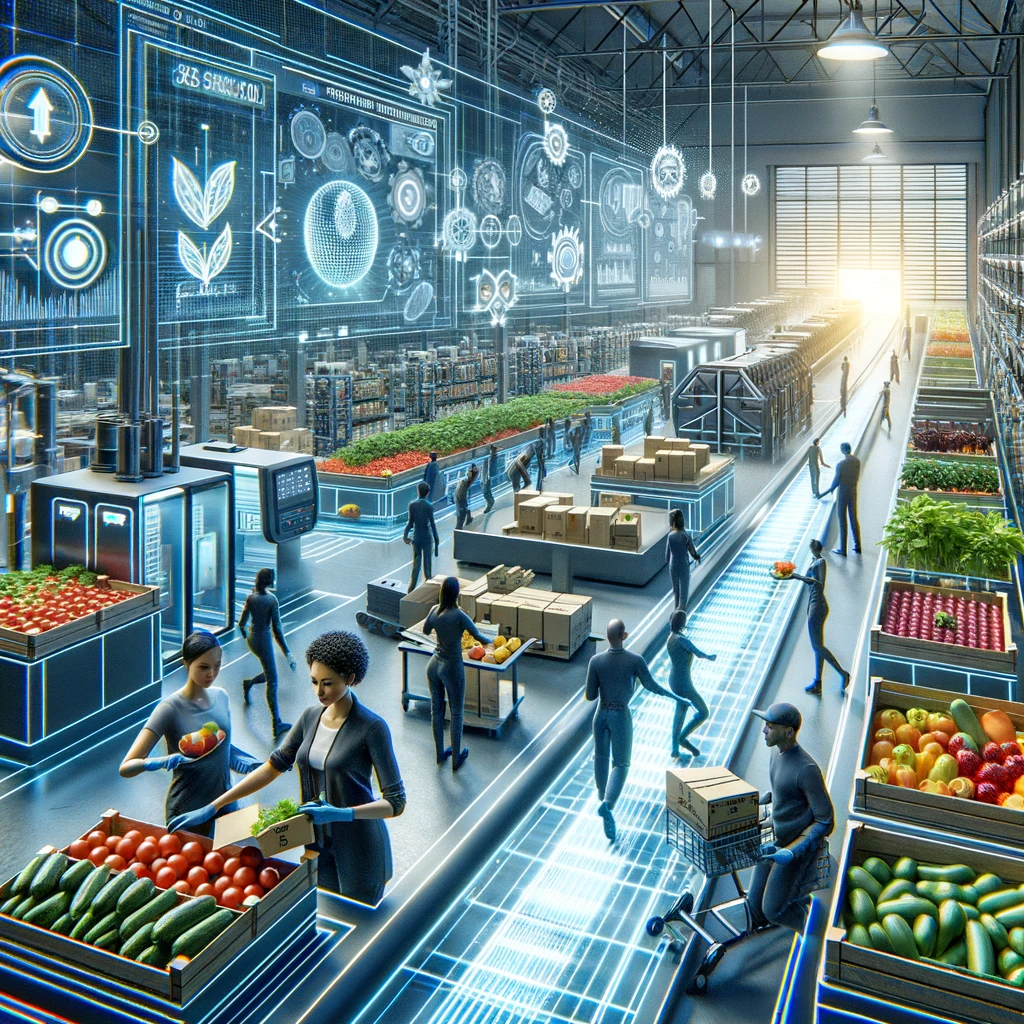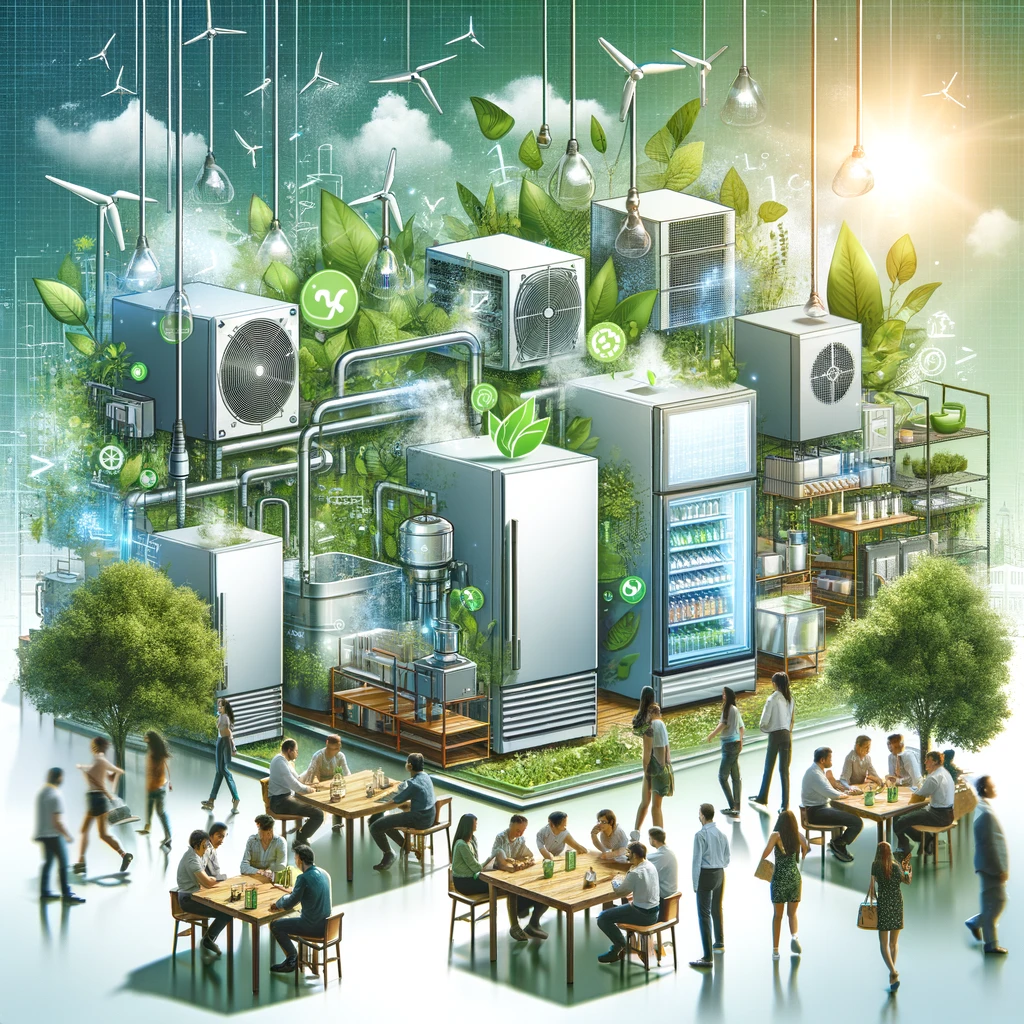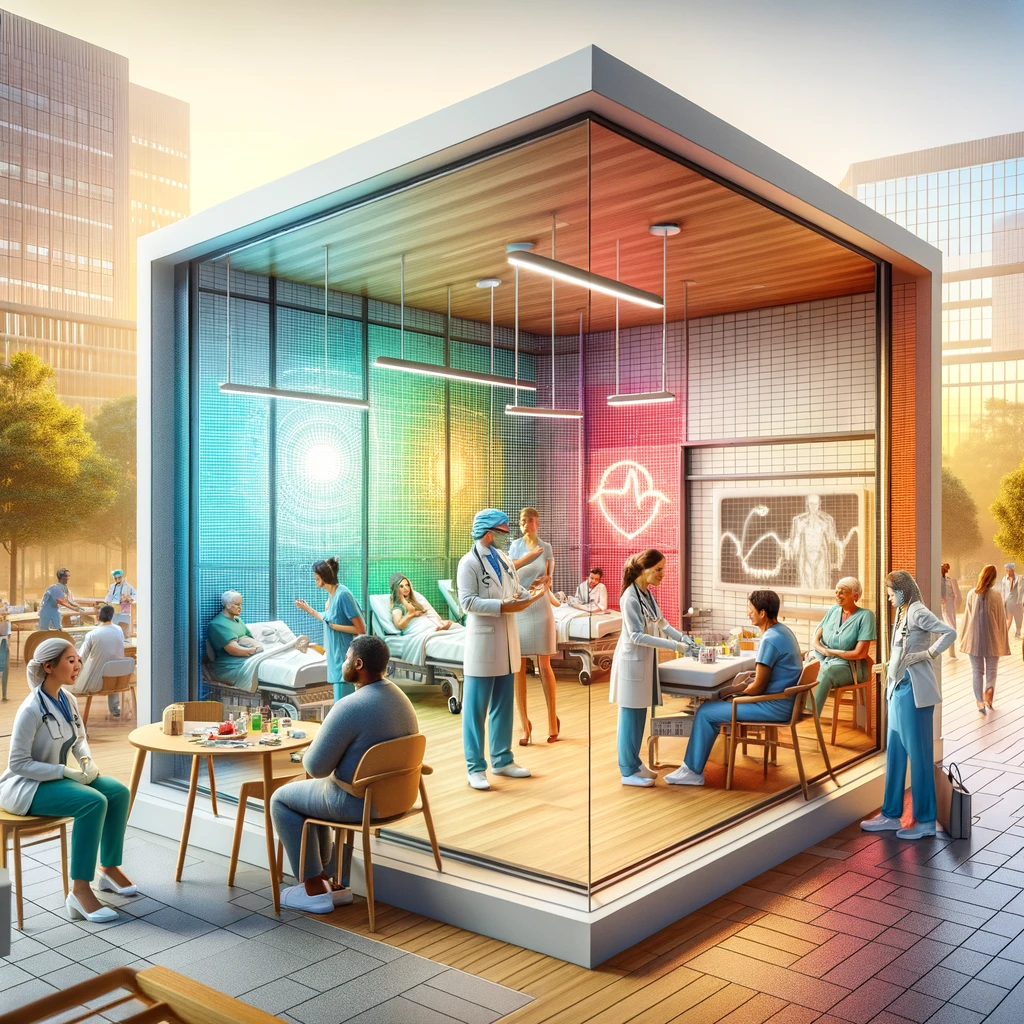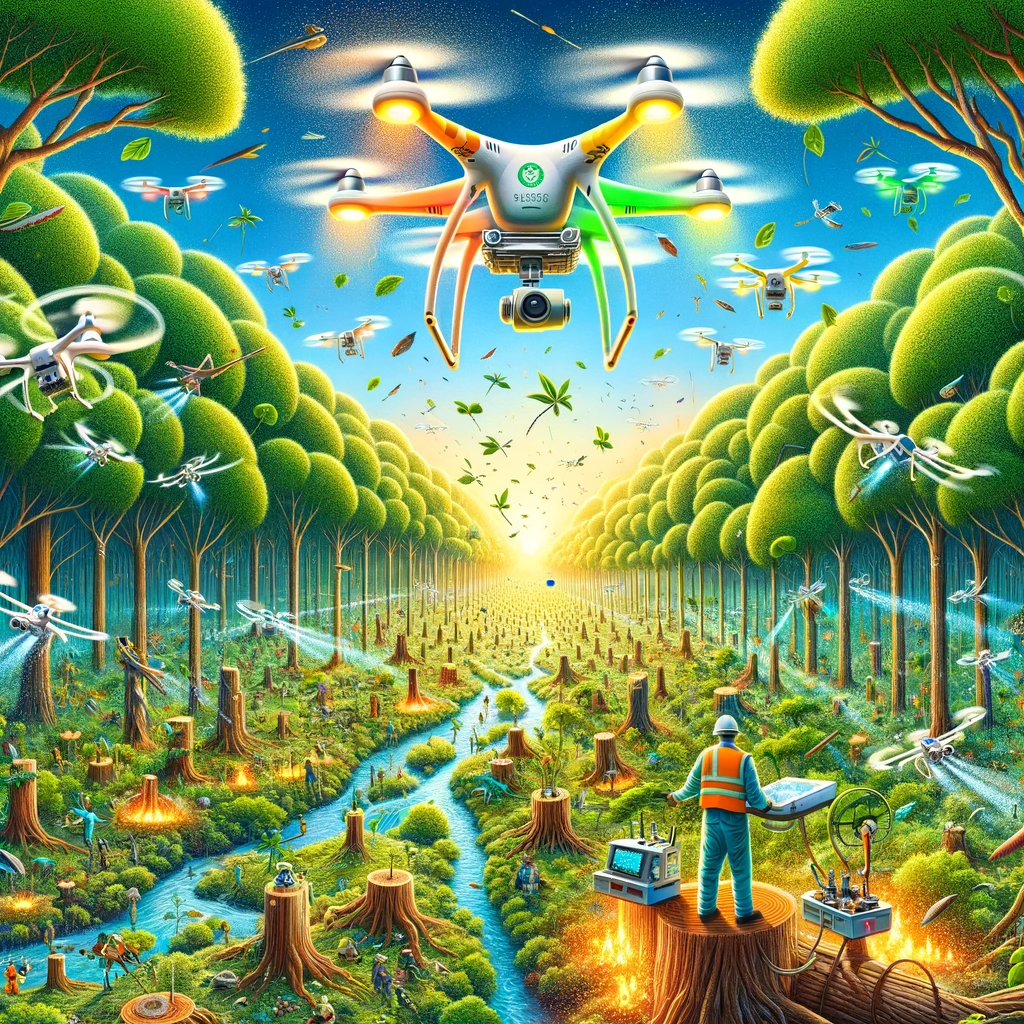America wastes 40% of food yearly while people go hungry and emissions pile up from spoiled produce. Startup GrubMarket tackles this through a streamlined network connecting farmers to consumers while eliminating waste.
Its platform coordinates inventory, logistics and payments for thousands of restaurants, grocers and wholesalers. Software optimization identifies demand trends, guides planting, and tracks shipments to redirect excess produce before it rots.
The model aligned interests across fragmented supply chains fast. GrubMarket now provides Walmart, Costco and 5% of US grape inventory while topping $1 billion in sales. Its recent fintech acquisition also hints at a future rewiring cross-industry commerce through data.
As with any logistics play, however, scaling complexity across global food webs has risks. Market visibility and quality control require tight operational rigor many startups lack. Yet GrubMarket smartly grooms relationships and infrastructure to support its climb.
At heart, this startup understands food’s future requires cooperation, not domination. By bridging siloed sides through technology, GrubMarket illuminates a path to sustainability and abundance for all. Its tools connect humanity through our most basic shared need. And by doing so responsibly, it could catalyze a more equitable and resilient system from farm to family.










